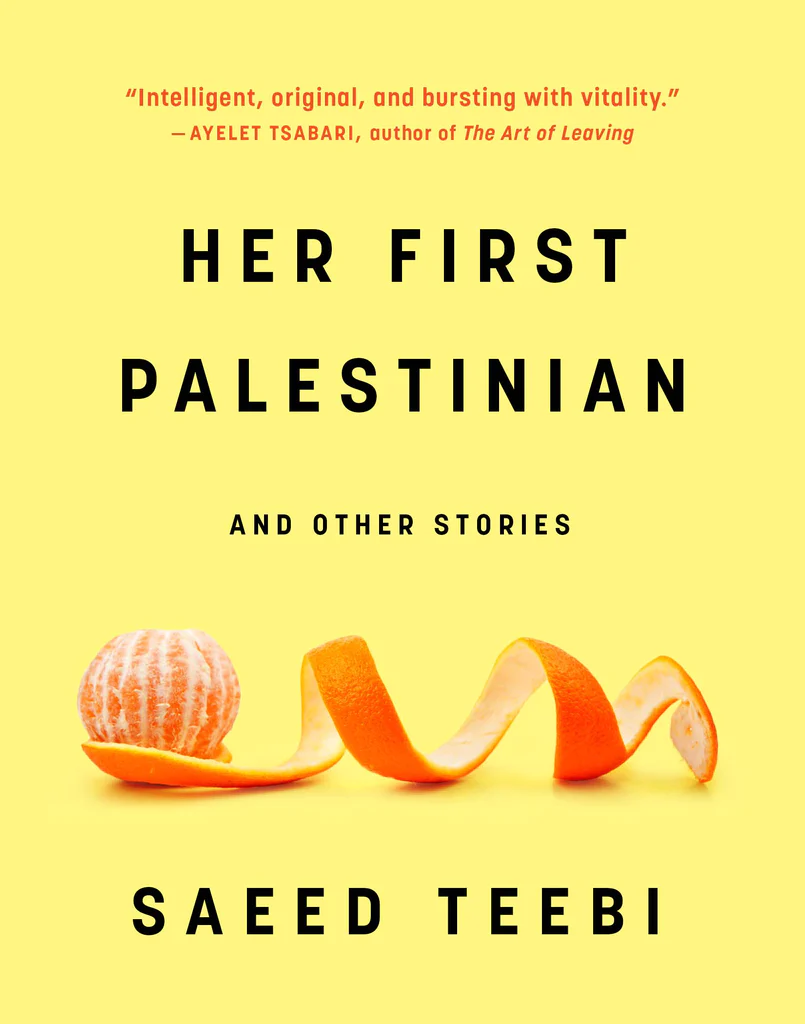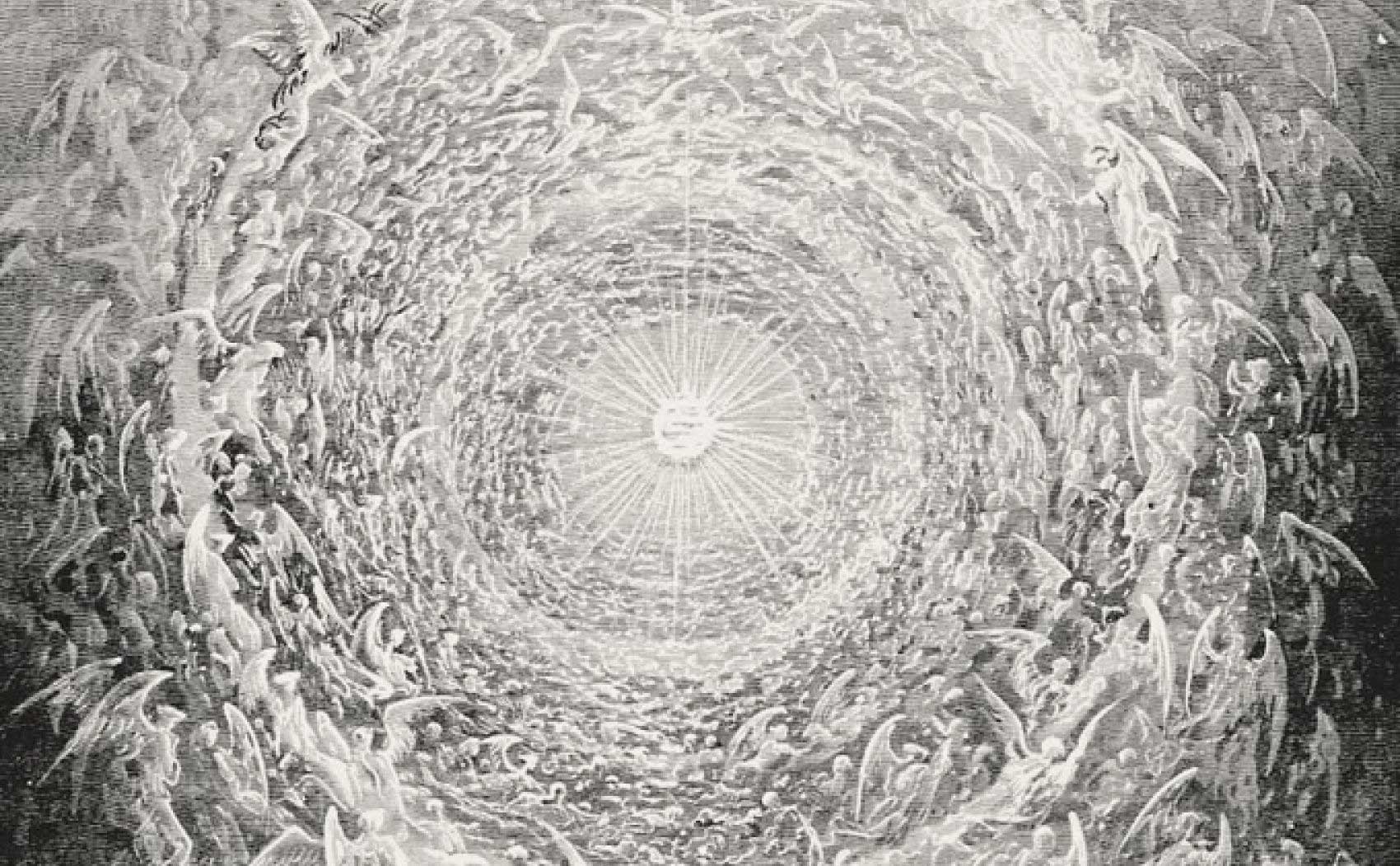Rana Bose (RB): Canadian Literature has been evolving in all directions. Literature out of a newer multicultural context is also making its presence felt. The Globe and Mail reviewer in reviewing your best seller The Love Queen of Malabar says “It is also a truly original example of the cross-cultural adventuring – typically with an Asian focus – that has become so unexpectedly common in Canadian literature.” These are not your words, of course, but can you reflect on this “unexpectedness.” Should it be “unexpected.”?
Merrily Weisbord (MW): I’ve been thrilled to see Canadian literature opening up to the world, or the world opening up Canadian literature. Raised in a left-wing, internationalist home, I had trouble relating to much of the earlier Canadian canon. Too tame, too constrained, not enough sex until Ian Adams, an underrated Canadian writer wrote Bad Faith. I guess for those steeped in our literary past, cross-cultural adventuring is unexpected. For me, it’s a great part of the transcendent nature of literature, a way to lift mind and spirit into the further reaches of words.
RB. “Reciprocal revelation, self-realization, eavesdropping” etc—these are some of the expressions used in reviews about your book. I felt your writing went way beyond that. Tell us something about your Love Queen Book that has been difficult for you to convey?
MW: It’s hard for me to know exactly what The Love Queen of Malabar does convey. I know from talking to readers and from their letters, that the book speaks differently to everyone. Some love Kamala, some think she’s an impossible drama queen. Some think she’s a victim, some consider her a courageous rebel. Some readers are moved by our friendship, others can’t understand Kamala’s love for a husband who treated her badly and they can’t get their heads around her converting at age 67 for love. What makes me happiest is that readers enjoy taking the trip into Kamala and her world. Yet Kamala was an extremely complex person. I think what has been most difficult for me to convey is the aesthetic, moral, emotional weight of her Malayalam childhood in Malabar. Even when he was 80, George Bernard Shaw never forgot the natural beauty of his childhood and he counted it as a factor of first importance in his real education “which was essentially aesthetic.” I identify with the important nature/family aspects of Kamala’s real education and am inadequately equipped to fully convey the Nayar, goddess, Malayalam, Sanskrit, traditionally moral aspects. I could also never adequately convey the feelings of trust and love we felt for each other, and my growing hindsight realization of how very lucky I was to know Kamala Das.
RB: There is such a wealth of Literature across Canada– new writers, poets, e-zines. CanLit has seen exponential growth. There are departments in Asia, awarding degrees on CanLit. I am not just talking about Atwood, Ondaatje, Mistry and a whole host of others. I am talking about those who set their stories in Canada for a long time. Has Canada found an identity for itself in world literature today? And what is that identity?
MW: Oh Rana. This is the question, isn’t it? I have no idea. This is why I never wrote a PhD. thesis.
RB: Did Canadian Literature have a significant impact on the world? Has it really made its mark in world literature as “Canadian”? Mavis Gallant, Mordecai Richler, Margaret Laurence, Irving Layton, Alice Munro, and Carol Shields –these are big names. Then there are the diasporic writers, whose stories go back to the Holocaust period and further back into the First War, then there are those who go back to the Prairies or Atlantic Canada and describe the soul of life there and there are those who write about urbane Canada today and now. Given that there are so many streams emerging, whether they get nominated or not for various prizes, has there been any genre of Canadian literature that has maintained an essentially longstanding appeal for you? Something you could categorize as “essentially Canadian.”
MW: The Canadian writers I know best are Margaret Atwood and Ted Allan. Two more dissimilar writers would be hard to find. I started reading Atwood in the 70’s, my marriage on the rocks, isolated in the country, searching for other women with feelings like mine. I was saved from isolation by magazines like Aphra and poets like Diane di Prima and Atwood whose poetry was sharp, biting, cleansing.
You fit into me
Like a hook in an eye
A fish hook
An open eye.
Later, I wrote an NFB film on Atwood called Margaret Atwood: Once Upon a Time in August:
http://www.onf-nfb.gc.ca/eng/collection/film/?id=15249
I met Ted Allan when I first went to London as a young CBC radio journalist. He had plays in the West End, had published stories in the New Yorker, was friends with Sean Connery (a chorus boy at that time), was at the centre of ex pat successful, Canadian cultural life, and had written the biography of Norman Bethune The Scalpel, the Sword, which I read in my teens. He was my first radio interview. He taught me to work the tape recorder and suggested questions. We became friends and I followed his career: the Academy award nominated film Lies my Father Told Me, Broadway with his play Chu Chem, LA writing for Cassevetes (Lovestreams won a Golden Bear at Berlin), Stephen Leacock Award for Love is a Long Shot, and more. I wrote and co-directed an NFB film about Ted called: Ted Allan: Minstrel Boy of the 20th Century which is largely unknown, as regrettably is Ted. He is, interestingly, a character in the new novel by Susanna Fortes, Remembering Robert Capa.
RB: You have an extraordinary insight and family association with the evolution of the left not only in Quebec and Canada, but also in North America. Your family background and personal engagement in writing the story of the left in Quebec and Canada, in making significant films, being a journalist leaves one craving for many details that folks today are totally oblivious about. Especially during the McCarthy era. Was it easy to write about left wing issues then? Is it easy now?
MW: I was a radio journalist in the 80’s when I started researching communists in Canada. I wrote the book, The Strangest Dream: Canadian Communists, the Spy Trials and the Cold War because the CBC was still scared to do a documentary on communists. An old time CBC staffer advised me to write a book instead. It wasn’t easy to get people to talk. They trusted me but The Cold War was still in the air and it was dangerous for work and community relations to be to be identified as ever being a communist. In fact, it appears that the reason the South African government revoked my visa when I was working on the film Songololo, is that some concerned agency told them I had written The Strangest Dream.
I am still not sanguine about Canada’s tolerance for socialist or Marxist ideas. It’s disquieting in 2011 to read that the government is withholding parts of Tommy Douglas’s secret RCMP file, dating from 1936, because releasing it would compromise national security. When I applied for my files from the CSIS data banks, our intelligence service answered. They couldn’t help me because they didn’t know my birthday. Finally they informed me that I did not have a file in two of the data banks I’d inquired about. As for the file on people of ongoing interest to CSIS, they couldn’t tell me if I had a file or didn’t have a file because to do so would be a threat to national security.
**
To read a review of Merrily Weisbord’s book entitled The Love Queen of Malabar, click here.










